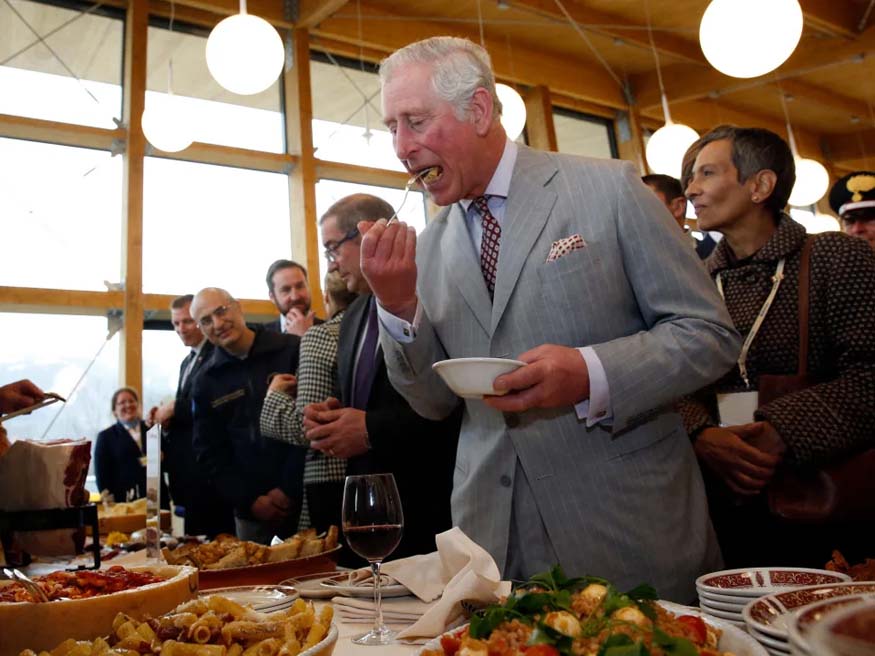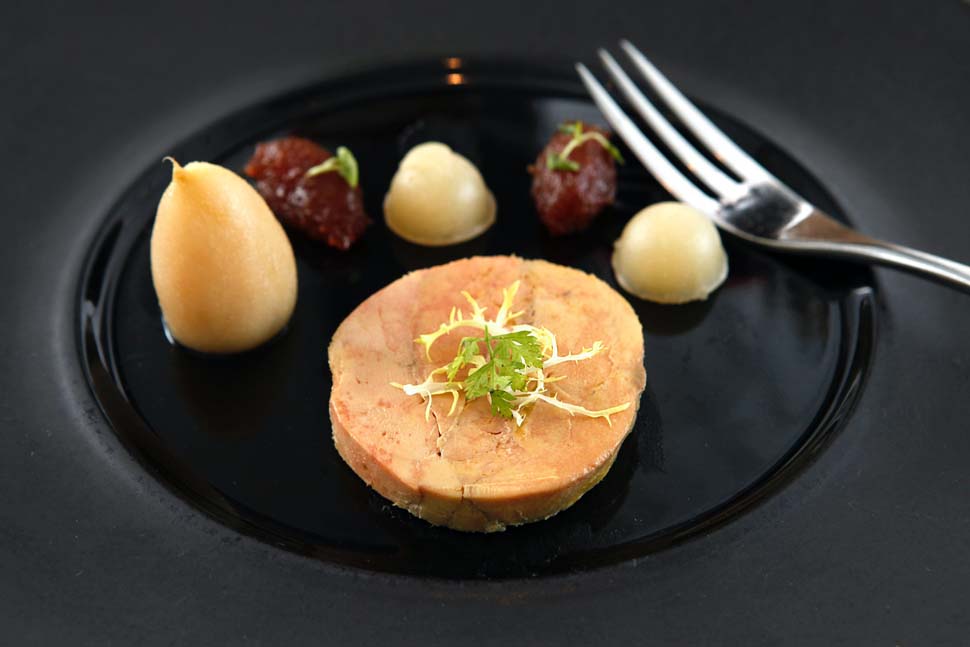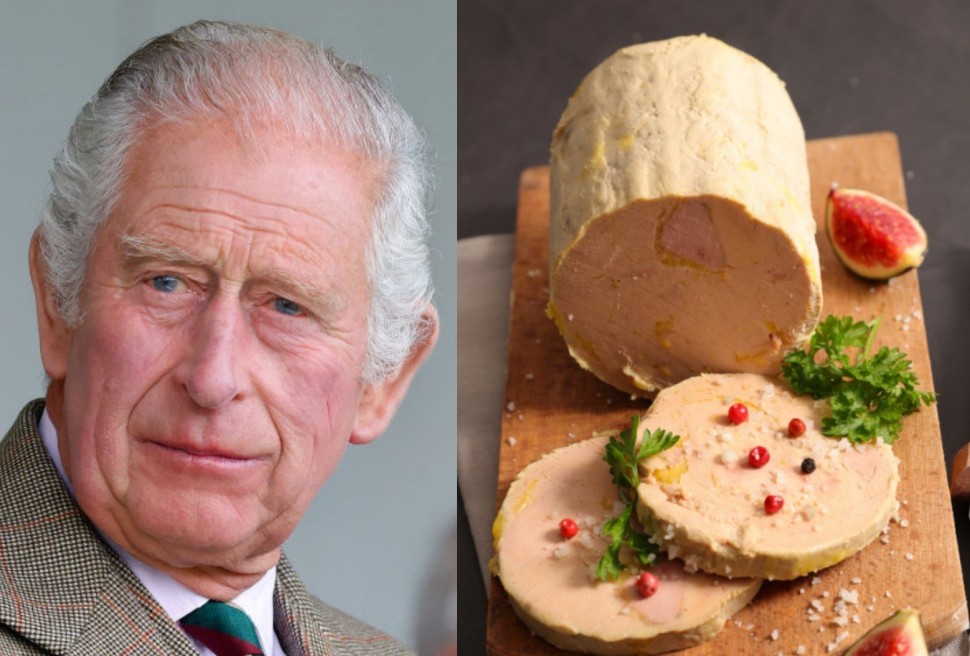As a staunch animal activist, Charles III says no to force-feeding geese: henceforth foie gras will no longer be served at royal family banquets.
The news
The fight by animal activists against the production of foie gras has been going on for a long time now, especially across the Channel, where its production (but not its sale) has been banned since 2006. Now siding with British activists is also Charles III, King of England. The animal rights king, already known for his love of animals, in fact banned the consumption of foie gras at court last Nov. 18. @Hugo Burnand- Getty Images
@Hugo Burnand- Getty Images Margouillat Photo- shutterstock
Margouillat Photo- shutterstock
He has not actually consumed it for ten years, to the point of extending the ban to the entire royal family as soon as he ascended the throne. The decision was made public by his staff in a letter sent to Peta (People for the Ethical Treatment of Animals) activists, with the clarification that goose liver will no longer be bought or served to anyone at Buckingham Palace, as well as at the Scottish country residence of Balmoral, the English residence of Sandringham, Windsor Castle, and Hillsborough Castle.
Foie gras is indicted by animal rights activists because for its production, it requires that geese mostly live cooped up in cages and are subjected daily to the practice of "gavage," or force-feeding. Faced with Charles III's choice, vice president of Peta Elisa Allen commented: "We trust that others will follow the King's lead and eliminate foie gras from menus starting this Christmas and beyond."
Who knows if next May 6, at his coronation, King Charles will give in to Peta's other request: to use synthetic fur instead of ermine fur.
Source: vanityfair.it
Find the article here











